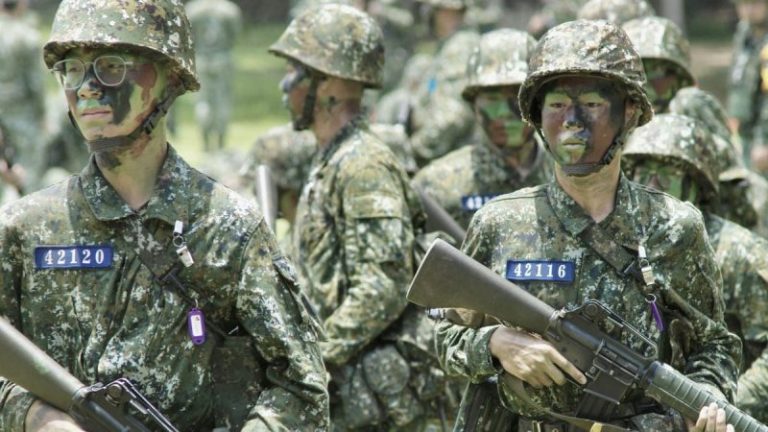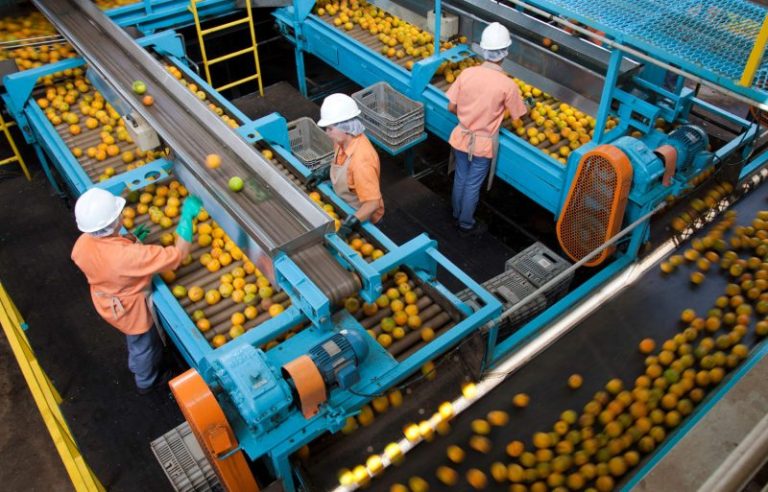From drone swarms to gene-edited soldiers, the United States and China are racing to integrate artificial intelligence into nearly every facet of their war machines — and a potential conflict over Taiwan may be the world’s first real test of who holds the technological edge.
For millennia, victory in war was determined by manpower, firepower and the grit of battlefield commanders. However, in this ongoing technological revolution, algorithms and autonomy may matter more than conventional arms.
‘War will come down to who has the best AI,’ said Arnie Bellini, a tech entrepreneur and defense investor, in an interview with Fox News Digital.
U.S. planners now consider Taiwan the likely locus of a 21st-century great power conflict. Though America doesn’t formally ally with Taiwan, it has steadily armed the island and shifted its forces to focus on the Indo-Pacific.
The Pentagon is responding with urgency, and nowhere is that transformation more visible than in the U.S. Army’s sweeping AI overhaul.
The Army goes all-in: $36 billion AI investment
Under Defense Secretary Pete Hegseth’s leadership, the Army has launched a $36 billion modernization initiative aimed directly at countering China in the Indo-Pacific.
By 2026, each of its 10 active combat divisions will be equipped with roughly 1,000 drones, dramatically shifting the battlefield from crewed helicopters to autonomous systems.
Army leaders highlight that legacy weapons and bureaucratic lag are incompatible with future warfare. The new push includes AI-assisted command-and-control, real-world testing under challenging conditions in places like the Philippines and a rapid feedback model to keep doctrine updated.
Stopping wars before they start: Cyber + AI fusion
Beyond hardware, AI may prove most powerful in prevention. Bellini believes U.S. cyber espionage, combined with AI, could strike preemptively. ‘The United States is the very best at cyber espionage and cyber warfare… once you combine [that] with AI, you can stop a war before it even happens.’
This could involve infiltrating Chinese naval systems via cyber-AI tools and neutralizing threats before ships ever set sail.
Biotech on the battlefield: From medics to gene editing
AI isn’t just about machines — it’s changing biology too. The U.S. military is exploring AI-driven trauma care, synthetic blood and regenerative medicine to save lives.
However, China may be pushing the envelope further. ‘China has been one of the more forward-leaning countries in using biotech within its military,’ defense strategist Jack Burnham said. ‘In military hospitals, there is significant research on gene editing … some of this might be dual-use.’
Reports from intelligence chiefs and former DNI John Ratcliffe suggest China may be experimenting with gene-edited soldiers, raising alarms about the ethical gray zone of AI-biotech integration.
Will robots fight battles?
‘The future of warfare is not going to be with people,’ Bellini predicted. ‘It’s going to be robots. It’s going to be drones. And it’s the synchronization.’
Tesla is developing its ‘Optimus’ robot, he noted, complete with an AI-optimized ‘brain’ to complete chores that are ‘dangerous, repetitive and boring’ in warehouses, homes and even hazardous facilities like nuclear plants.
CEO Elon Musk has spoken out against using Optimus as a ‘killer robot,’ but still, foreign adversaries worry about the potential for dual use.
China has imposed export restrictions on the rare-earth magnets needed for Optimus actuators, specifically requesting assurances that the units won’t be used for military purposes.
War-gaming for tomorrow’s conflict
U.S. forces are already simulating this future in AI-enhanced war games. Through these exercises, commanders learn to operate at AI pace — modeling logistics, battlefield flows, and adversaries at an unprecedented scale.
‘AI is really good at modeling logistics… visualizing and integrating vast quantities of data… [creating] a more immersive experience at a much larger scale,’ Burnham said.
‘These AI opponents are like intelligent enemies you’re playing against in a war game,’ explained Dr. Randall Hill, executive director of the University of Southern California’s Institute for Creative Technologies. ‘It’s important to train not just with AI but also about AI — so soldiers understand where to trust it and where its limits are.’
Hill’s team is developing tools like PAL3, a personalized AI teaching assistant for military trainees that adapts to individual learning speeds. ‘It’s about helping both humans and machines understand each other’s strengths and weaknesses,’ he said.
Ethical concerns: Who keeps a human in the loop?
The U.S. insists on a ‘human-in-the-loop’ for lethal AI decisions — but China may not, experts warn.
‘Here in the U.S., we are focused on ethical and legal decisions on the battlefield… our adversaries… might not be as worried about keeping a human in the loop,’ said RJ Blake, a former defense official.
Hill echoed this concern, emphasizing the need for AI systems to be interpretable and stress-tested rigorously.
‘We need protocols aligned with American values,’ he said. ‘The AI must be explainable and capable of justifying its conclusions — and humans must recognize when those systems are outside their trained boundaries.’
A new era of warfare
As AI redefines warfare — from cyber and command systems to autonomous weapons and biotech — it’s not just a war machine being built. It’s a system of systems, blending digital, physical and biological domains.
Should Beijing move against Taiwan, the battlefield may no longer be measured in tanks or missiles — but in algorithms, networks and gene sequences.


